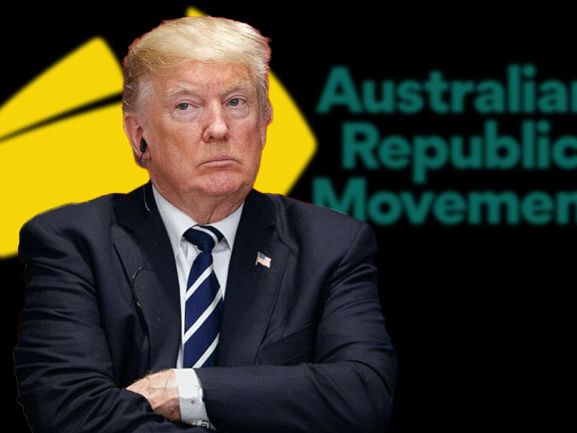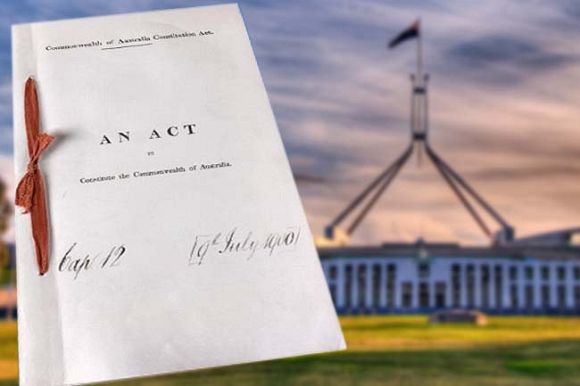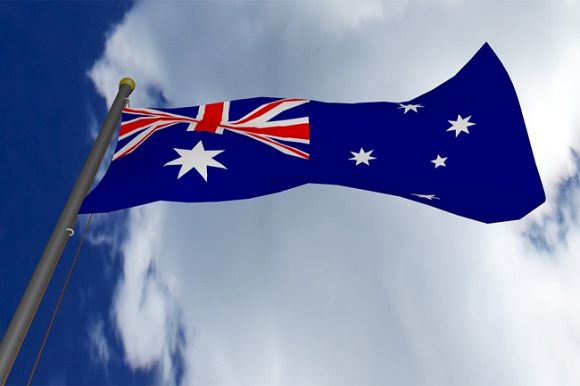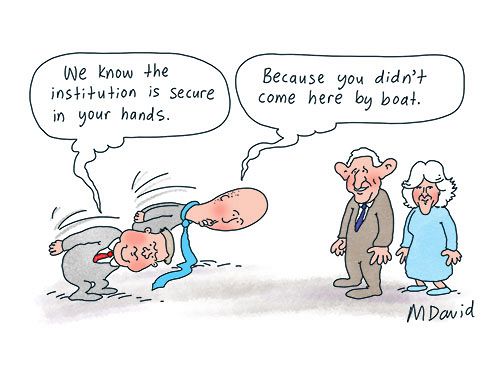As Donald Trump reshapes America into a more coercive and unilateral power, Australia’s long-running push for a republic finds itself at a complex geopolitical crossroads, writes Callum Seán Murray.
AMERICA HAS RULED the Western world since the end of World War II. As I have written elsewhere, the American Empire is transmogrifying from an empire by invitation to an empire of coercion. It is perverting the notion of being the “indispensable nation” to exploit trade and military relationships with ostensible allies. These allies, including Australia, have shown obeisance to America’s openly coercive turn and kowtowed to President Donald Trump’s incoherent and quasi-regal demagoguery.
How can Australia, a middle power and loyal ally to America, demonstrate sovereign agency against America’s illiberalism? As I’ll explain, by turning notions of republicanism on their head and uniting with other liberal democracies under our common Crown.
I am a republican in two senses. First, I believe that Australia should have its own head of state whilst retaining the liberal-democratic institutions inherited from Britain that make Australia so prosperous. Secondly, I believe in republican political philosophy — the freedom from arbitrary interference and the ‘secure enjoyment of non-domination’.
While Australia remains a constitutional monarchy, we are a republic in neither sense. The prime ministership is a convention in Australian politics. Our Constitution empowers the governor-general – the King’s representative – as the highest office in the land.
The office is vested with myriad reserve powers, including making and dissolving Parliament. It follows the advice of the prime minister and their cabinet, but only by longstanding convention. While the governor-general has this constitutional power, they can arbitrarily and unilaterally bypass Australia’s political system, making our separation of powers redundant. This occurred almost exactly 50 years ago. With the tacit consent of Queen Elizabeth II, Sir John Kerr sacked Gough Whitlam and appointed Malcolm Fraser as Prime Minister.
The current Labor Government is opposed to the institution of the Crown, but Australia is unlikely to become a republic any time soon. A referendum on this matter was defeated in 1999. In the previous Parliament, Labor established an inquiry into the possibility of holding a second referendum. However, following the categorical rejection of the Voice to Parliament in 2023 – a conservative amendment to the Constitution – another referendum on radical constitutional change has fallen by the wayside. Renowned constitutional scholar Anne Twomey has even speculated that the likelihood of any referenda ever being held again, let alone succeeding, may be slim.
However, arbitrary interference is on a spectrum. It’s arguable that at least Australia chose our current political system with the dual-passing of the Australia Act of 1901 through the colonial Australian parliaments, the newly created Federal Parliament and the British Parliament, which was reaffirmed in 1999 following the unsuccessful republic referendum.
Similarly, Australia has willingly allowed American suzerainty as it was considered beneficial to our security and economy. But with the ascension of Trump, America is now actively undermining our sovereignty and others’ by unilaterally dictating terms of trade and military expenditure. While the broader public generally disapproves of this unilateralist turn, Australia’s politicians are acquiescing to it. Such actions from America directly contravene the republican philosophical notion of non-interference.
This all said, so long as the Crown endures in Australia, I believe that the Labor Government should use it to counter America’s newly coercive imperialism. Our King – Charles III – is also the King of the United Kingdom, Canada and New Zealand (which I’ll refer to as the “Grand Coalition”). Though each has evolved distinct institutions shaped by their histories as former British dominions, these nation states, all constitutional monarchies, share liberal democratic foundations and ideals.
Beyond these core members, King Charles III also serves as sovereign for 11 other nations outside the traditional Western sphere, which could likewise be invited to join this Grand Coalition if sufficiently aligned to its interests.
Although having a king is inconsistent with republican philosophical thought, our systems of government appear less open to tyranny compared to America due to conventions like responsible government, an adversarial opposition and leadership chosen by the relevant political party. By contrast, America is moving towards a political system with an elected king, replete with power to start war and give pardons and above the law entirely.
The historical irony is unmistakable. America’s Revolutionary Wars were fought to overthrow the tyranny of King George III and to establish a republic for the American people. Britain learnt from this lesson. Over time, it granted settler colonies greater autonomy and eventual independence. Many of these former colonies opted to retain the Crown, incorporating constitutional monarchy into their evolving democratic systems.
If Donald Trump wants to act like a king, then the Grand Coalition should explicitly unite under the auspices of the Crown and act in unison to counter America’s deleterious foreign policy. Together, the Grand Coalition would span three continents and have a combined GDP of US$8 trillion (AU$12.2 trillion). This would make us the third largest economy in the world behind America and China. Although less than half of America’s GDP, we could use this newfound economic might to make new trade deals with other economic behemoths like the European Union, Japan, or even China. The same could be said regarding military alliances, at least for the EU and Japan.
The significance of the Crown has been underscored in Canada recently, where Prime Minister Mark Carney and the Crown received public support after inviting King Charles III to open the new session of the Canadian Parliament. There is also some indication that having a shared head of state is influencing how Australia acts on the international stage. We have just signed a 50-year defence treaty with the UK, and the UK and Australia are acting together to pressure America to maintain the AUKUS agreement.
Australia and New Zealand want to recognise the state of Palestine yet fear the caprice of America. The UK, Canada and other European powers have been moving towards such recognition, which is enabling Australia and New Zealand to follow suit.
But we should go further. The Grand Coalition should make a formal agreement recognising our shared history and head of state while agreeing to remain beacons of liberal democracy and bastions of free trade. We are more powerful together.
Donald Trump wants to be the new King of America. The Grand Coalition would be united under a common Crown. So long as Australia remains a constitutional monarchy, we should use this political institution to our benefit.
American dollars are marked with the term e pluribus unum — out of many, one. A Grand Coalition would be something similar. We are four nation states composed of people from all around the world represented by one sovereign, a potent source of common power which could serve to balance the scales.
Callum Seán Murray has a Masters Degree in Philosophy, Politics and Economics from Victoria University of Wellington. Callum resides in WA, works in public policy and has a keen interest in international affairs.
Support independent journalism Subscribe to IA.
Related Articles






